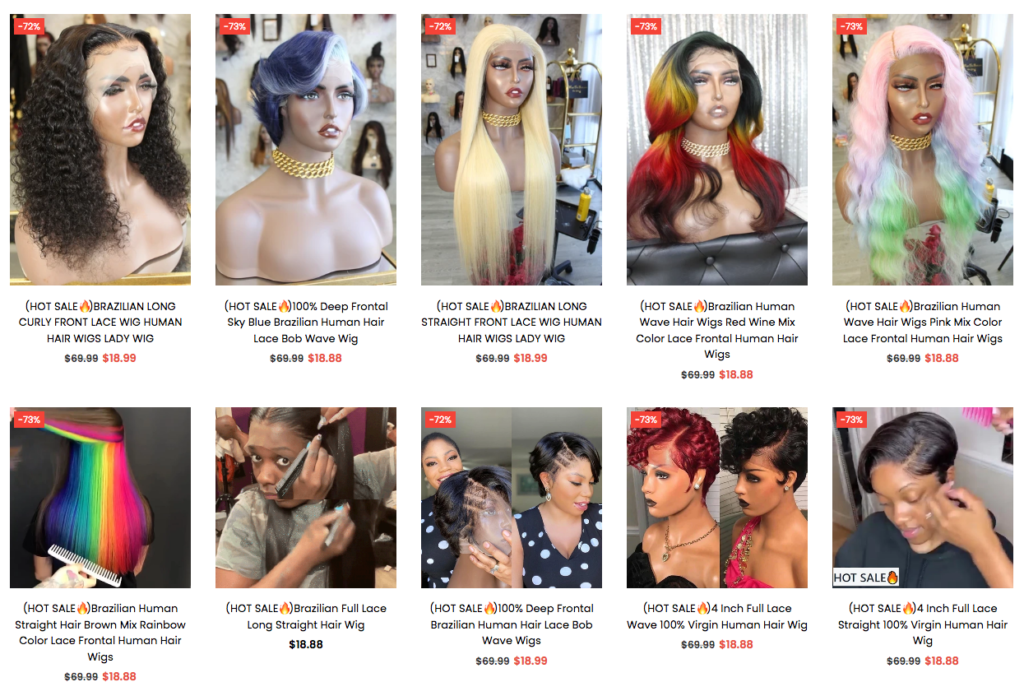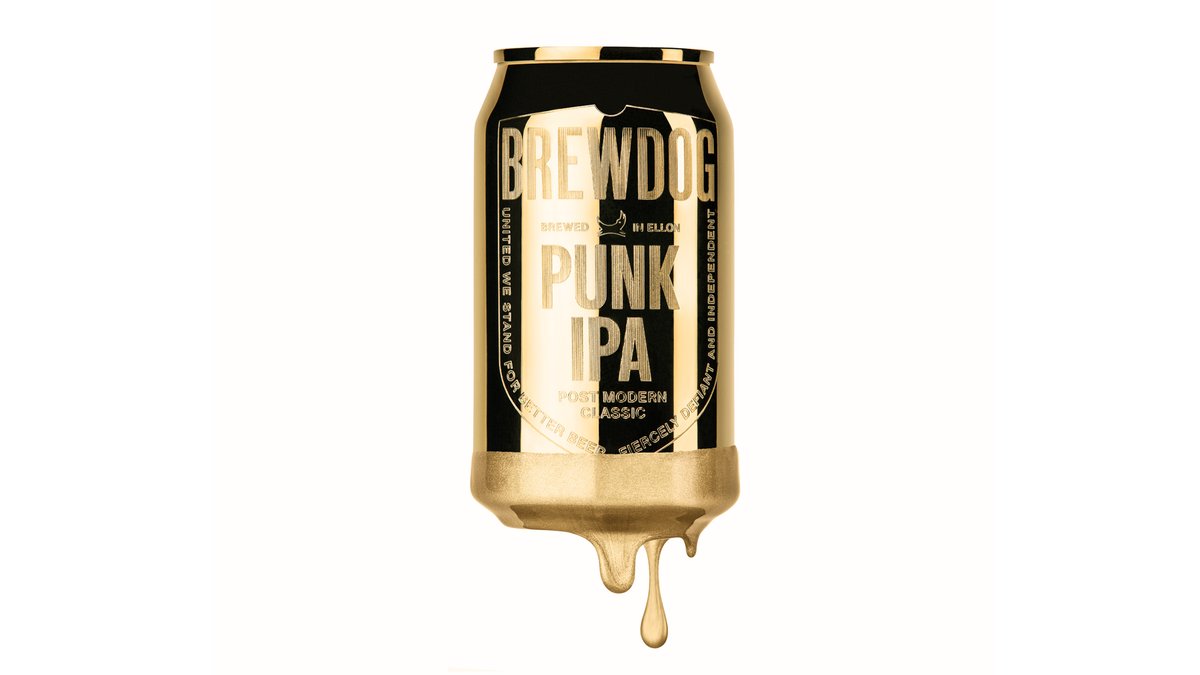
The ‘Buy’ Button in the iTunes Store
When you don’t own what you buy.
Order a wig from this online seller and you may find yourself with a few knots to untangle.

Now may not be the best time to be trying on wigs in-store. But consumers who shop for wigs online apparently need to be wary of unscrupulous sellers. [Enter trite comment about how 2020 couldn’t get any worse.]
“What you order is NOT what you get,” TINA.org reader Donna C. recently wrote in, referring to a wig she purchased from online seller Tonyhair (which is not to be confused with Tony Hair, a salon located in the U.K.). Apparently, the wig she received didn’t look anything like the wig she saw on the Tonyhair website.
When she complained, the company essentially told her that these things happen.
“There is a little difference between ads and the real product,” a Tonyhair customer service representative said, according to written correspondence provided by the reader. “We don’t have the totally same product.”
In fact, according to the website’s terms of service, the company may not even get the color of the wig right. But it wouldn’t be the company’s fault:
We have made every effort to display as accurately as possible the colors and images of our products that appear at the store. We cannot guarantee that your computer monitor’s display of any color will be accurate.
However, outside the terms of service, there are no disclaimers on the Tonyhair website that the images used to advertise the company’s wigs may not be accurate depictions of actual products customers receive.
There are additional red flags with this online seller:
Find more of our coverage on hair products here.
Our Ad Alerts are not just about false and deceptive marketing issues, but may also be about ads that, although not necessarily deceptive, should be viewed with caution. Ad Alerts can also be about single issues and may not include a comprehensive list of all marketing issues relating to the brand discussed.
When you don’t own what you buy.
Brewery issues a “gold plated apology” for misleading consumers on “solid gold” cans.
Hotel listings as far as 10 miles away from the ocean are advertised as “near the beach” on booking site.

